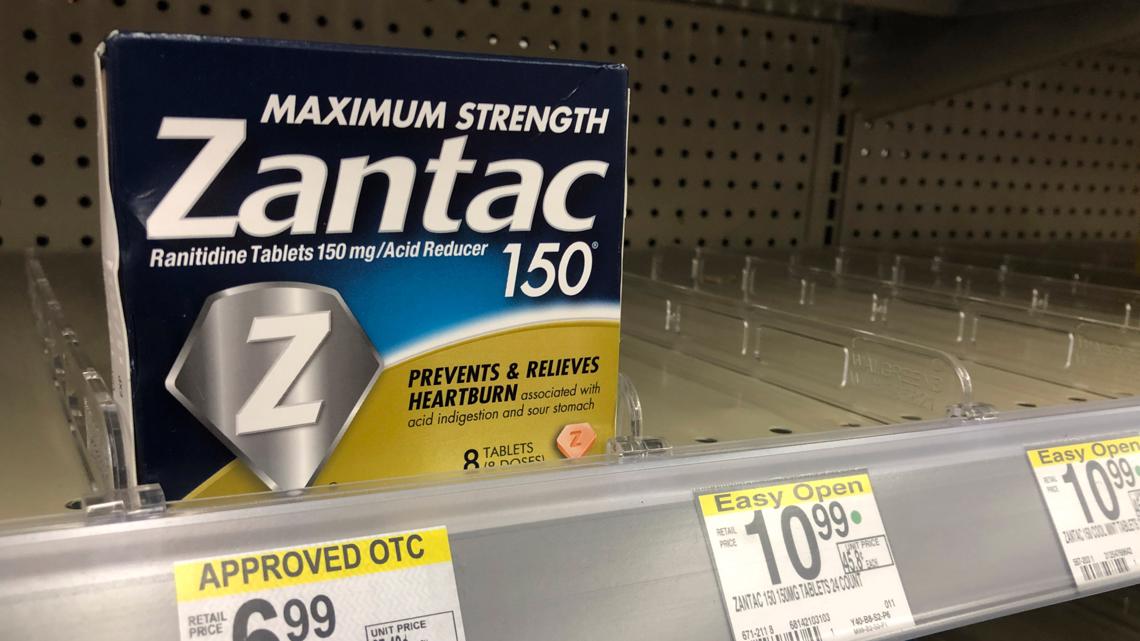WASHINGTON — The Food and Drug Administration on Wednesday said it is asking all companies to stop selling all versions of the heartburn drug Zantac, due to the presence of an impurity that could cause cancer.
Since September 2019, French drugmaker Sanofi SA's Zantac, and generic versions of the drug known as ranitidine, have been recalled in the U.S. and across the world due to potential contamination with N-nitrosodimethylamine (NDMA).
The FDA said it has found that the impurity in some ranitidine products increases over time and when stored at higher room temperatures and may result in unacceptable levels of the impurity.
"We didn’t observe unacceptable levels of NDMA in many of the samples that we tested," Dr. Janet Woodcock, director of the FDA’s Center for Drug Evaluation and Research, explained. "However, since we don’t know how or for how long the product might have been stored, we decided that it should not be available to consumers and patients unless its quality can be assured.”
The FDA is now also urging all consumers who take over the counter version of ranitidine to stop taking the medication and to throw it out. Patients who are taking a prescription version should speak to their health care professional first about other treatment options, the FDA said.
However, because of the current COVID-19 pandemic, the agency recommends people not take the medicines to a drug take-back location at this time.
The FDA said in a statement that "as a result of this immediate market withdrawal request, ranitidine products will not be available for new or existing prescriptions or OTC use in the U.S."
NDMA is a nitrosamine. The FDA says nitrosamines can be found naturally in water, meats, dairy products and vegetables, but NDMA is also a probable human carcinogen. According to the FDA, the agency was made aware in the summer of 2019 that independent laboratory testing found NDMA in ranitidine.
The same impurity is one of three nitrosamines that have been found in some blood pressure medications, leading to dozens of recalls since July 2018.



